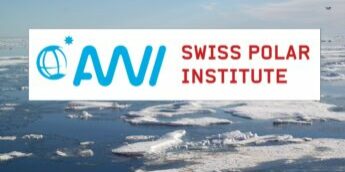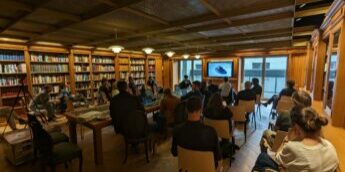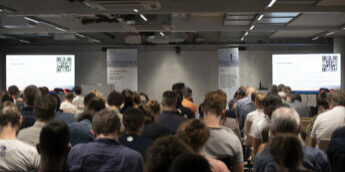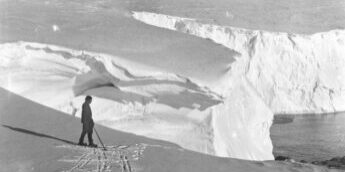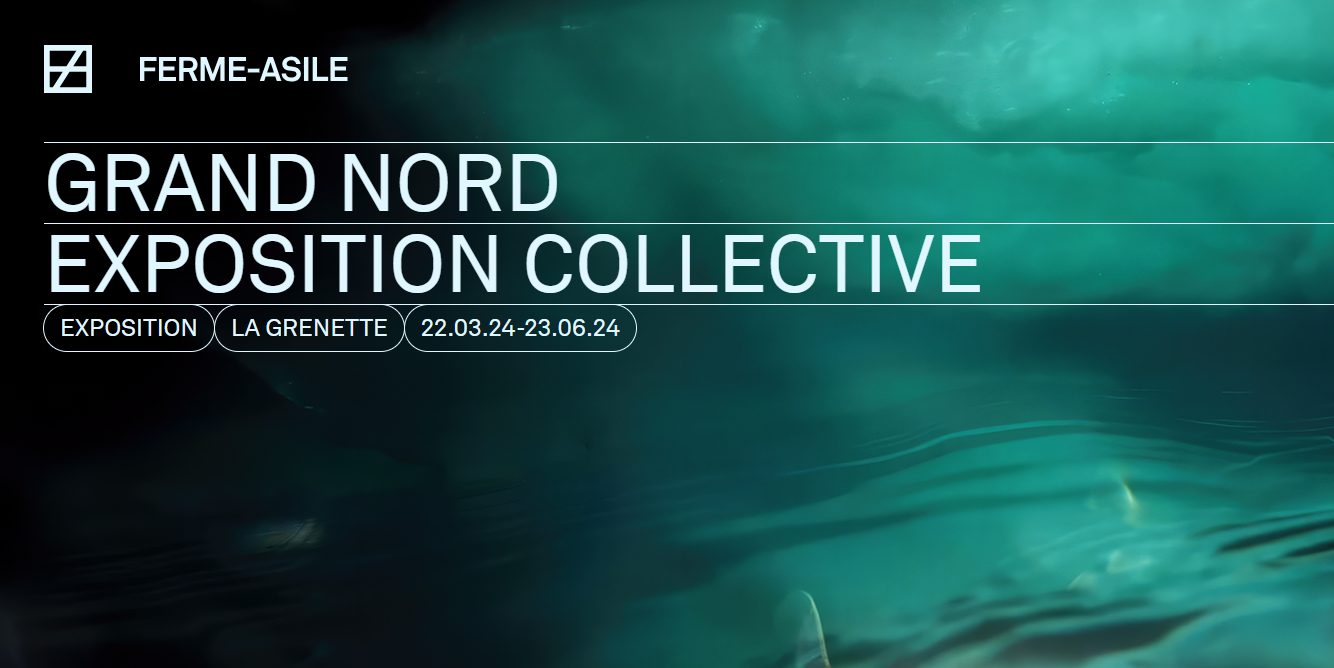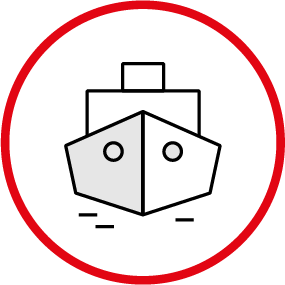
- Science conducted in and around polar and high-altitude regions is critical to understanding the evolution of the Earth’s climate.
- Due to the complex logistics, challenging access and difficult safety conditions in these extreme environments, the Swiss polar community requires specific competencies and dedicated support.
- The Swiss Polar Institute (SPI) offers tailored support to scientists based in Switzerland who work in polar regions and remote high-altitude environments.
NEWS
New collaboration opportunities with Tara Ocean Foundation and the upcoming Tara Polar Station
Prix De Quervain 2024
Environmental footprint of Swiss polar and high-altitude science – Survey results
Mertz Fellowship – Announcement of the 2023 recipients
Successful first edition of the Swiss Polar Class Festival
UPCOMING EVENTS
Tips for planning a successful research campaign
7 May 2024 | 4:00 pm - 6:00 pm @ ETH Zurich
From administrative hurdles to equipment failure and changing weather conditions, fieldwork can become a tumultuous experience hindering scientific research. In this event, speakers from diverse backgrounds will share their experience and perspectives on planning a successful field campaign. This event is specifically designed for early-career researchers to learn more about the various challenges of fieldwork, and most importantly, how to navigate around them.
More information:
Rencontres au pôle Nord
23 May 2024 | 6:00 pm - 7:30 pm @ Ferme-Asile, Sion
In collaboration with the Swiss Polar Institute, Ferme-Asile organises a guided tour of the GRAND NORD exhibition in the company of a scientist and an artist for a polyphonic exchange as they comment on the exhibited artworks and put their perspectives in dialogue.
The tour will be in French only.
The exhibition GRAND NORD unites works by 27 artists, created or designed during artist residencies on sailboats in the Arctic region. Initiated by artist and curator Alexia Turlin, this exhibition is an opportunity to observe how these floating residencies give rise to new ideas and creative processes. Collective and highly personal, these inner journeys are also spatial explorations.
More information:
Explore all SPI funded projects
Every year the Swiss Polar Institute awards competitive grants to scientific projects in the Arctic, Antarctic and remote high-altitude regions. This section offers an overview of the scientific projects supported by the Swiss Polar Institute in polar and high-altitude regions.
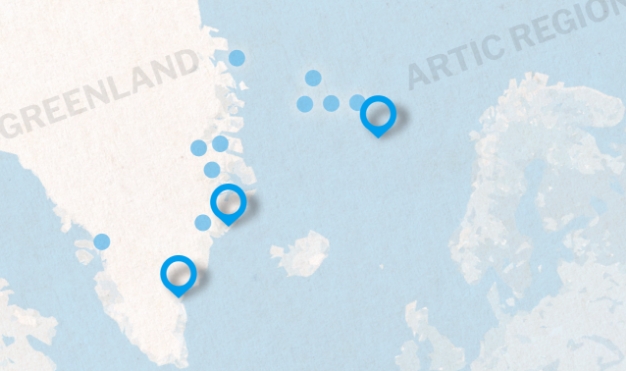
WHAT WE DO
Featured Images

